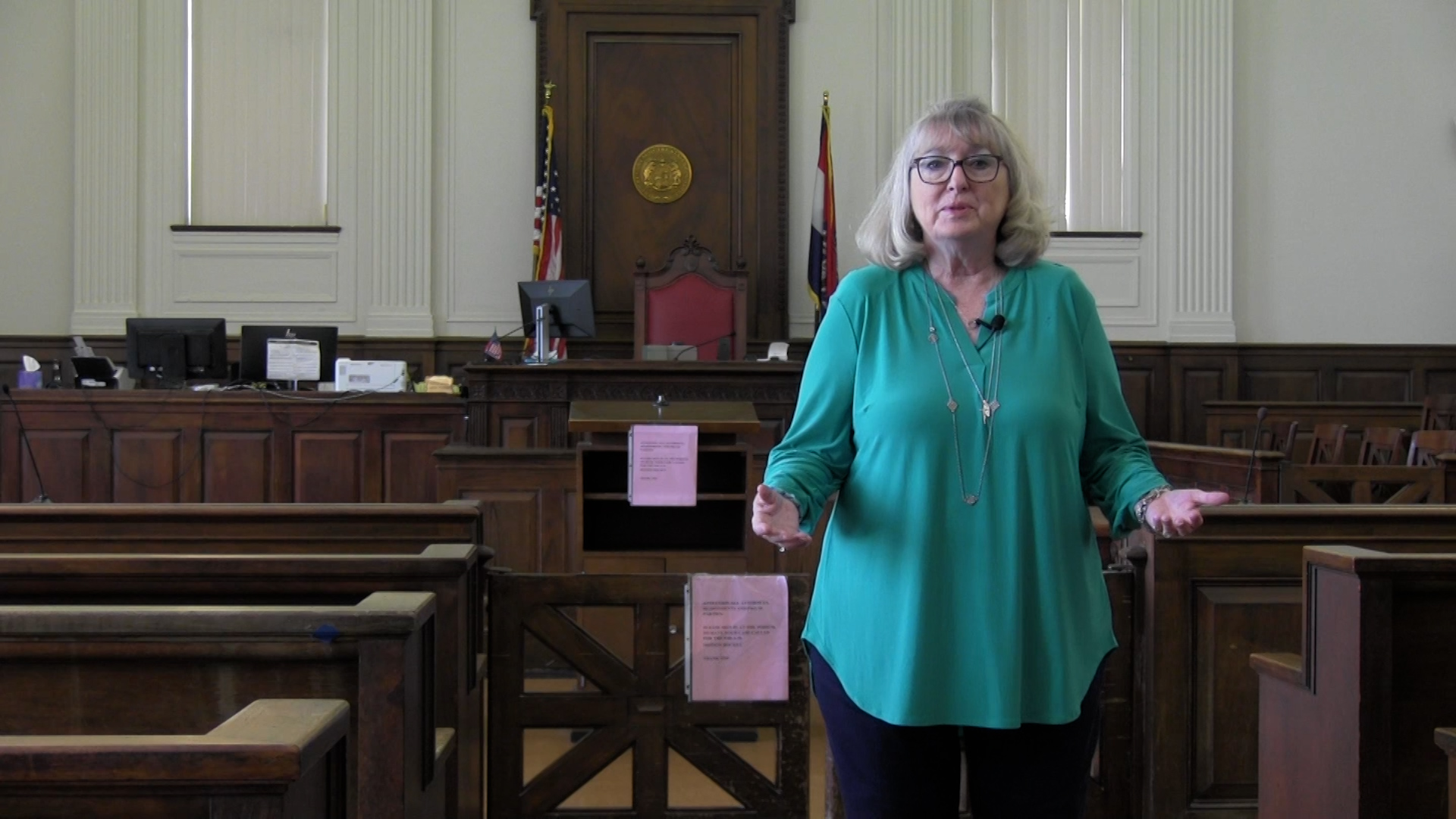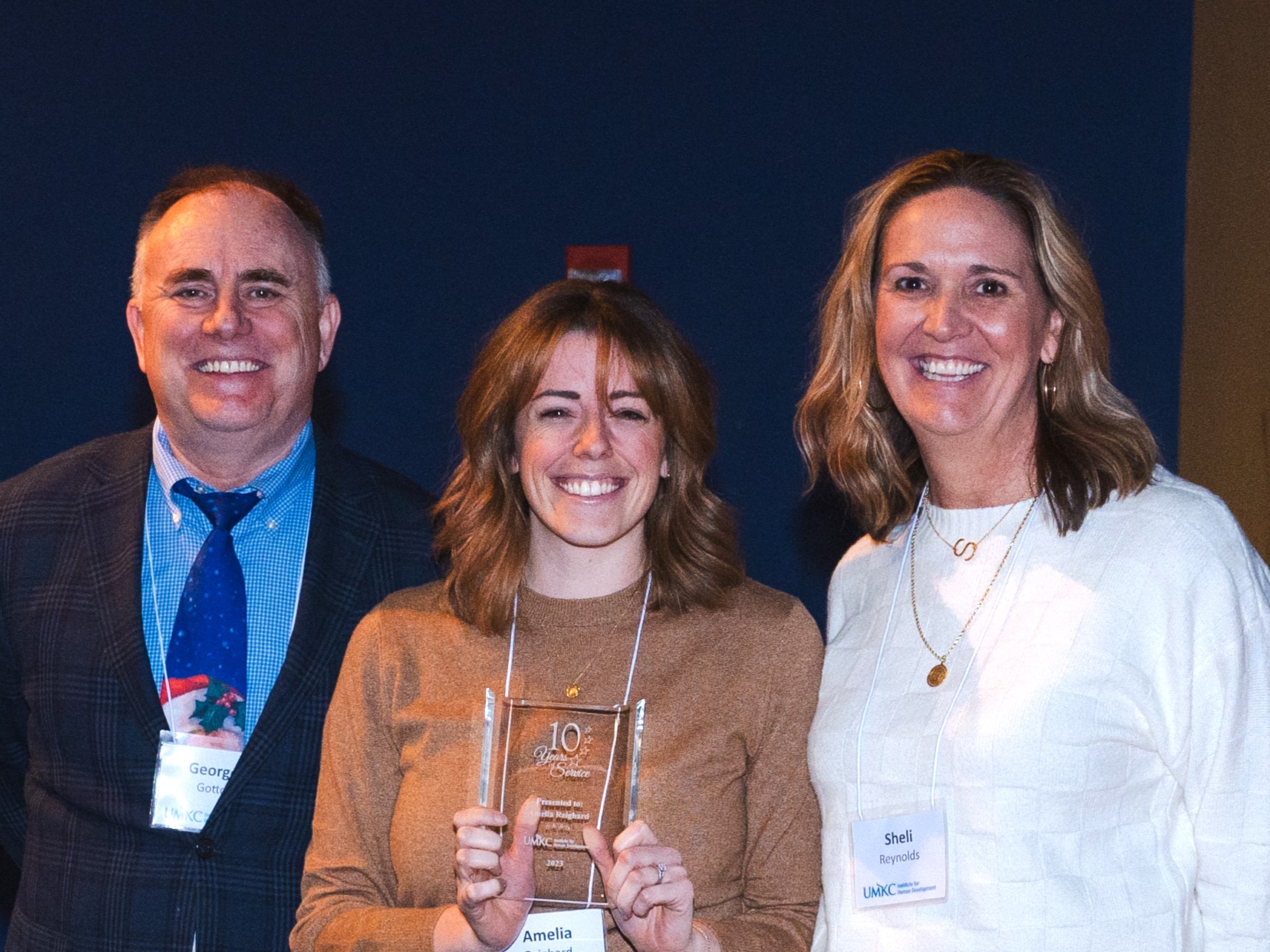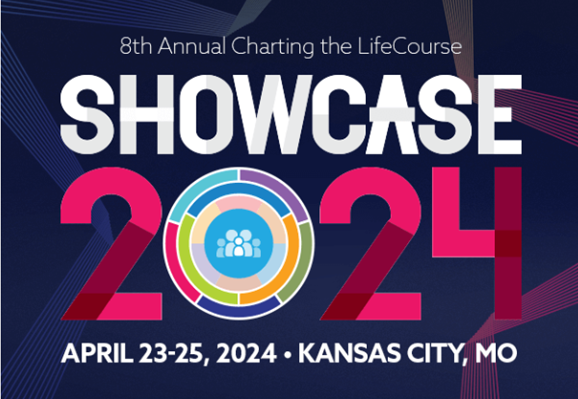The Early Childhood Innovation Center at the University of Missouri-Kansas City’s Institute for Human Development is recruiting early childhood administrators for free training in 2024.
The Missouri Supporting Early Childhood Administrators (MO-SECA) program provides early childhood administrators across Missouri with knowledge, skills, and connections to lead and operate sustainable, quality programs.
If you run an early childhood program – a family-owned, small or large-sized program – sign-up now and receive free group training, free one-on-one coaching and free business development tools and resources.
Hear ECIC Director Mike Abel, Ph.D., talk about the training and how it can help early childhood administrators like you manage your businesses better.
To learn more, visit MO-SECA.
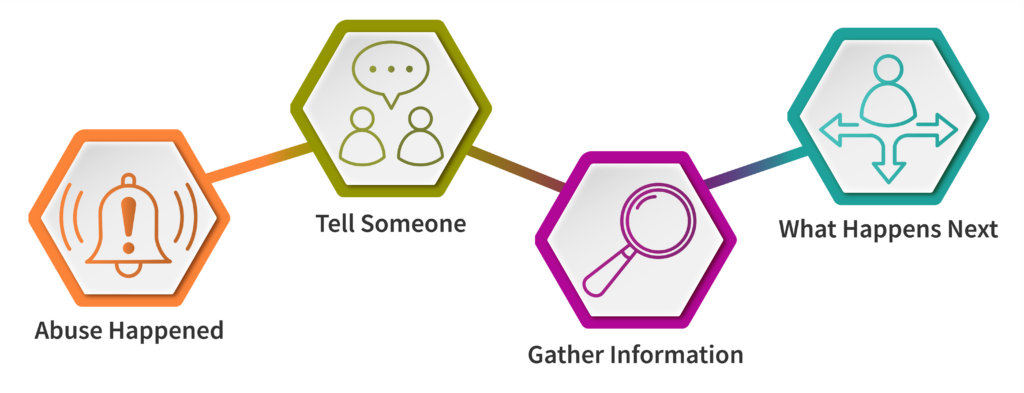
Knowing what to expect after experiencing abuse can be difficult – no matter whether the abuse is verbal, physical, sexual or financial. For individuals with an intellectual or development disability, navigating the state reporting and investigation process can be overwhelming.
The University of Missouri-Kansas City’s Institute for Human Development, the University Center for Excellence in Developmental Disabilities for the state of Missouri, in cooperation with the Missouri Developmental Disabilities Council, has published a new online resource called After Abuse: Resources for Missourians with Disabilities to help people with disabilities learn about abuse and what happens when it is reported.
The project includes supportive toolkits that include overviews, easy readers and videos that guide survivors and their allies through the process of understanding abuse. Survivors learn how to make a report, participate in the investigation and work through what happens after the investigation.
“Once a person reports the abuse to the state investigation systems, so much is out of the individual’s control,” says Amelia Reighard, principal investigator for the project. “These resources highlight opportunities where survivors can make decisions regarding their personal safety, their own healing and own their own story and experience after abuse.”
For more information on After Abuse: Resources for Missourians with Disabilities, go to www.AfterAbuseMoGuide.com.
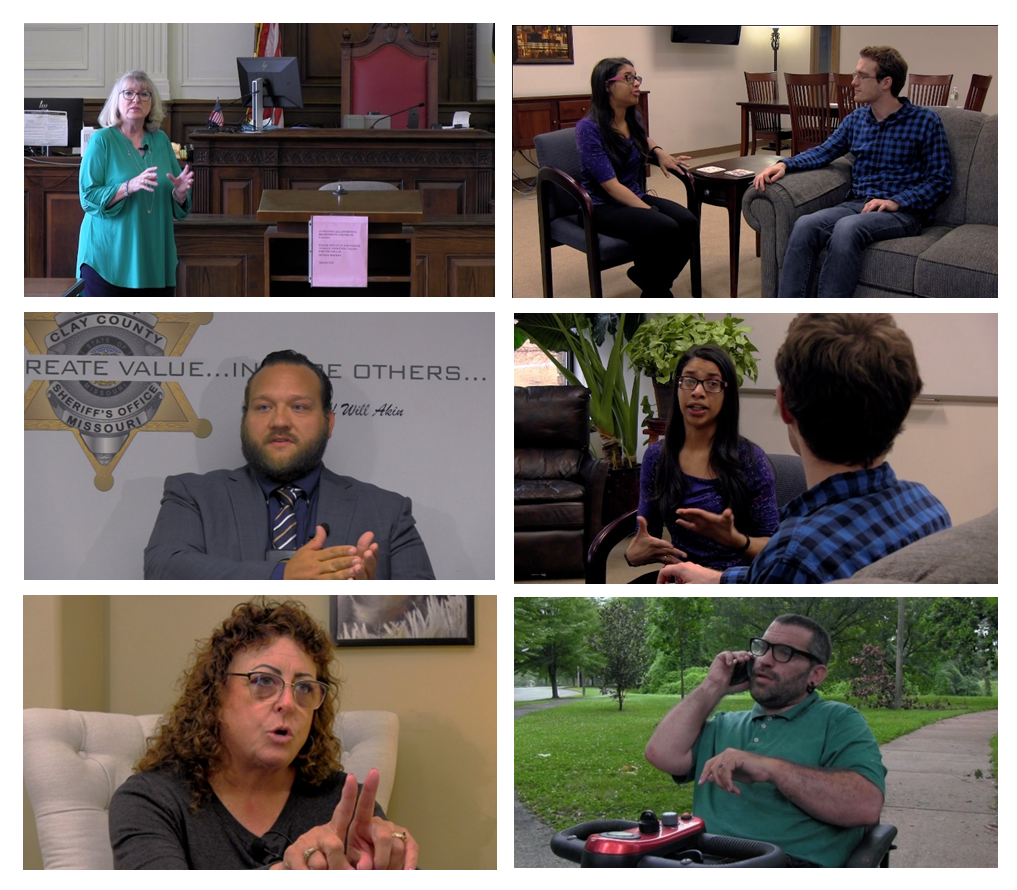
In November, Institute for Human Development employees connected with leaders from University Centers for Excellence in Developmental Disabilities across the country for the national Association for University Centers on Disabilities (AUCD) conference in Washington, D.C.

UMKC IHD Presenters
- George Gotto, Ph.D. – Leading Change: Finding Connections within a Big Network
- Michelle “Sheli” Reynolds, Ph.D. and Meghan LaMarche – Why Training Isn’t Enough: Promoting Core Competency Development to Equip Leaders Implementing Person-Centered Practices
- Michael Abel, Ph.D. – “Supporting Children with Disabilities Through Professional Development Trainings and Coaching in Early Intervention: Applying models for Culturally Responsive Practice”
Poster Sessions
Michelle “Sheli” Reynolds, Ph.D. – Supporting Families: An Updated National Agenda for Supporting Families
Others, such as Jodi Arnold, Maya Szafraniec and Nick Bollinger showcased the Early Childhood Innovation Center with a booth and materials to educate conference attendees about the good work the ECIC is doing with early childhood administrators by teaching business and leadership skills through the Missouri Supporting Early Childhood Administrators (MO-SECA) program, building the early childhood workforce for the future and assessing and coaching teachers through the Quality Assurance Report program, which strives for continuous improvement to support early childhood programs.

One of the key pillars of the LifeCourse Nexus Center is building systems and policies that support people with disabilities. Now, a free webinar focuses on family support and understanding the policies that support families and family caregivers for trainees.
The University of Missouri-Kansas City’s Institute of Human Development Associate Director Michelle Reynolds, Ph.D., joins with two others, Tamar Heller with the Department of Disability and Human Development at the University of Illinois at Chicago and Jill Kagan, program director for the ARCH National Respite Network and Resource Center for the presentation.
Hosted by the Association for University Centers on Disabilities, the webinar gives participants:
- Background on the history of family support
- Insight into current needs of families and family caregivers
- An overview of policies and practices of respite
When it comes to dedication, one employee at the University of Missouri-Kansas City’s Institute for Human Development has staying power! Leisha Manning has served more than 40 years with IHD’s support staff in a variety of administrative rolls, largely keeping the bills paid. She has seen people come and go through the years, but her service has been rock-steady.
Leisha Manning joins with 20 other employees who were also recognized in December 2023 for their years of service by IHD Director George Gotto, Ph.D., and Associate Director Michelle Reynolds, Ph.D.
Each employee was recognized for the five-year milestones they’ve achieved.
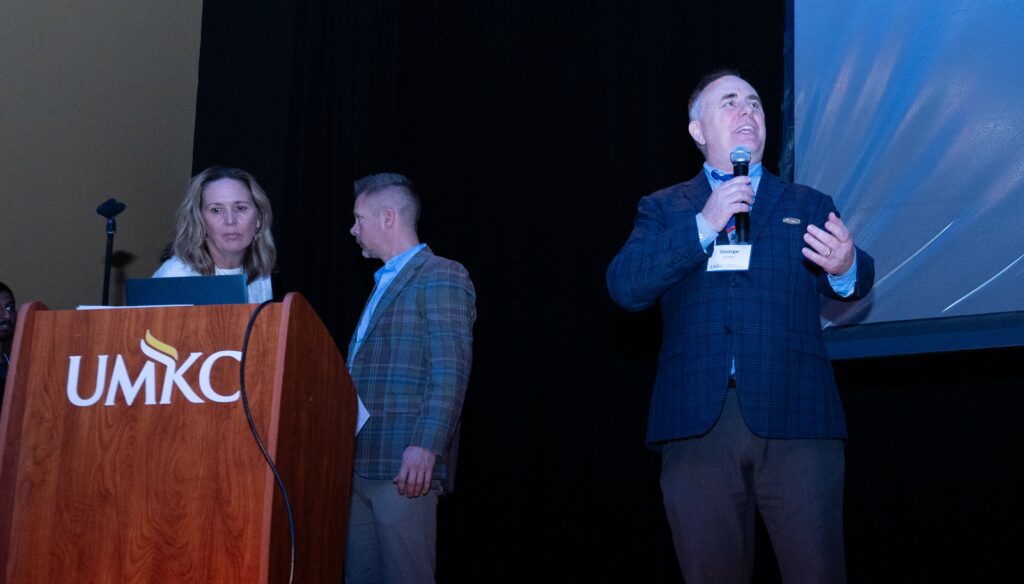
Service Award Recipients
- 40 Years
- Leisha Manning
- 25 Years
- Christina Hileman
- Michelle Reynolds, Ph.D.
- 20 Years
- Brandon King
- Katharine Ragon
- Jane St. John
- 15 Years
- Jodi Arnold
- Carol Calhoun
- 10 Years
- Mike Abel
- Kelli Barton
- Loni Davenport
- George Gotto
- Morgan Hudson
- Melissa Newkirk
- Amelia Reighard
- Megan Snyder
- Five Years
- Nancy Carter
- Danielle Chiang
- Candace Cunningham
- Megan LeMarche
- Gerardo Martinez
- Maria McAhan
April 23-25th, 2024
The Showcase is more than a conference; it’s a celebration! As we convene in Kansas City, we share and learn about how the CtLC principles interconnect to drive transformational change for all – all life stages and life domains in all practice areas, types of support and levels of change.
We can’t wait to welcome you for another year of showcasing the interconnection of all aspects of the CtLC framework and how the integration of this approach equips and empowers people, families, programs and systems to explore, plan, problem-solve and take action!
